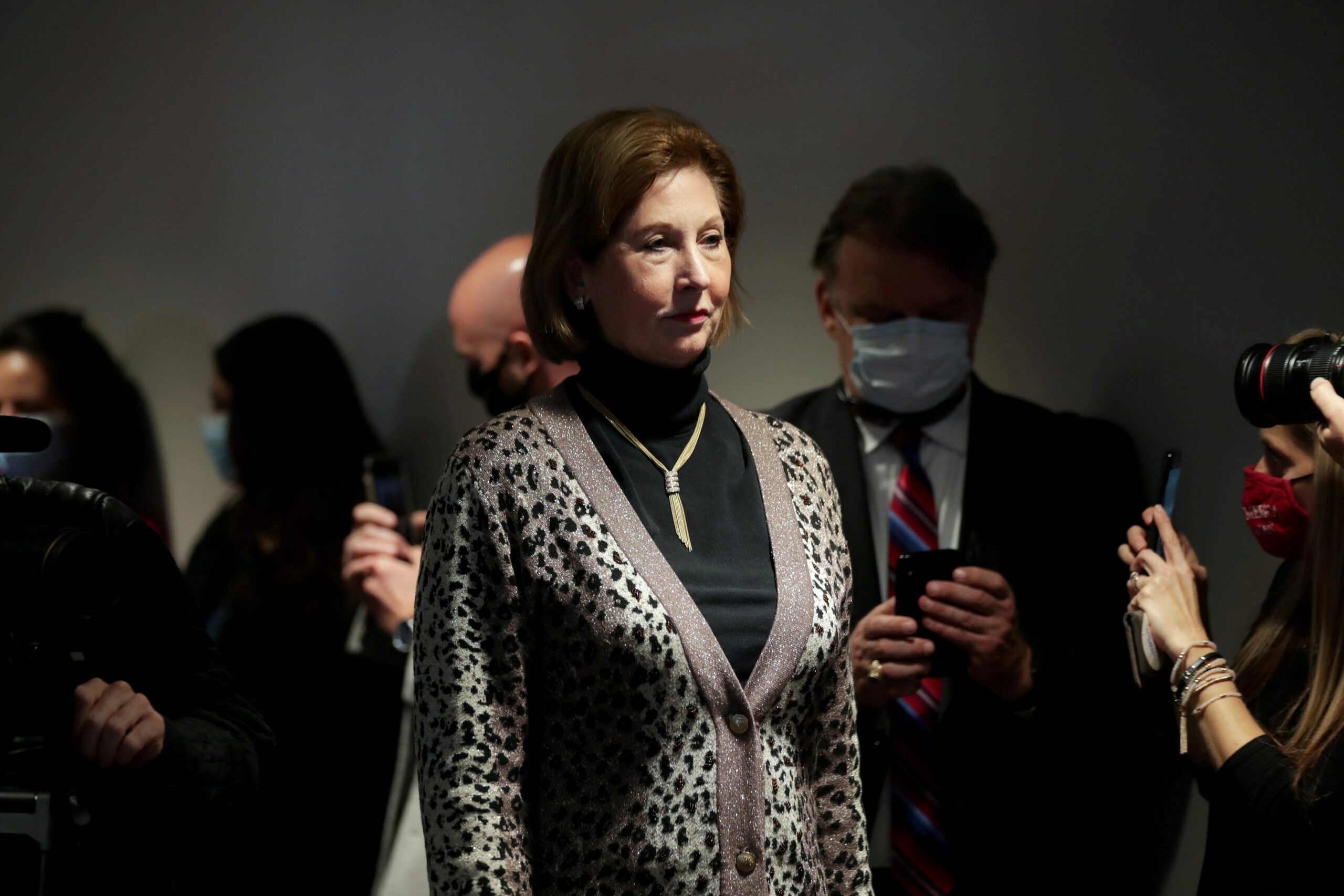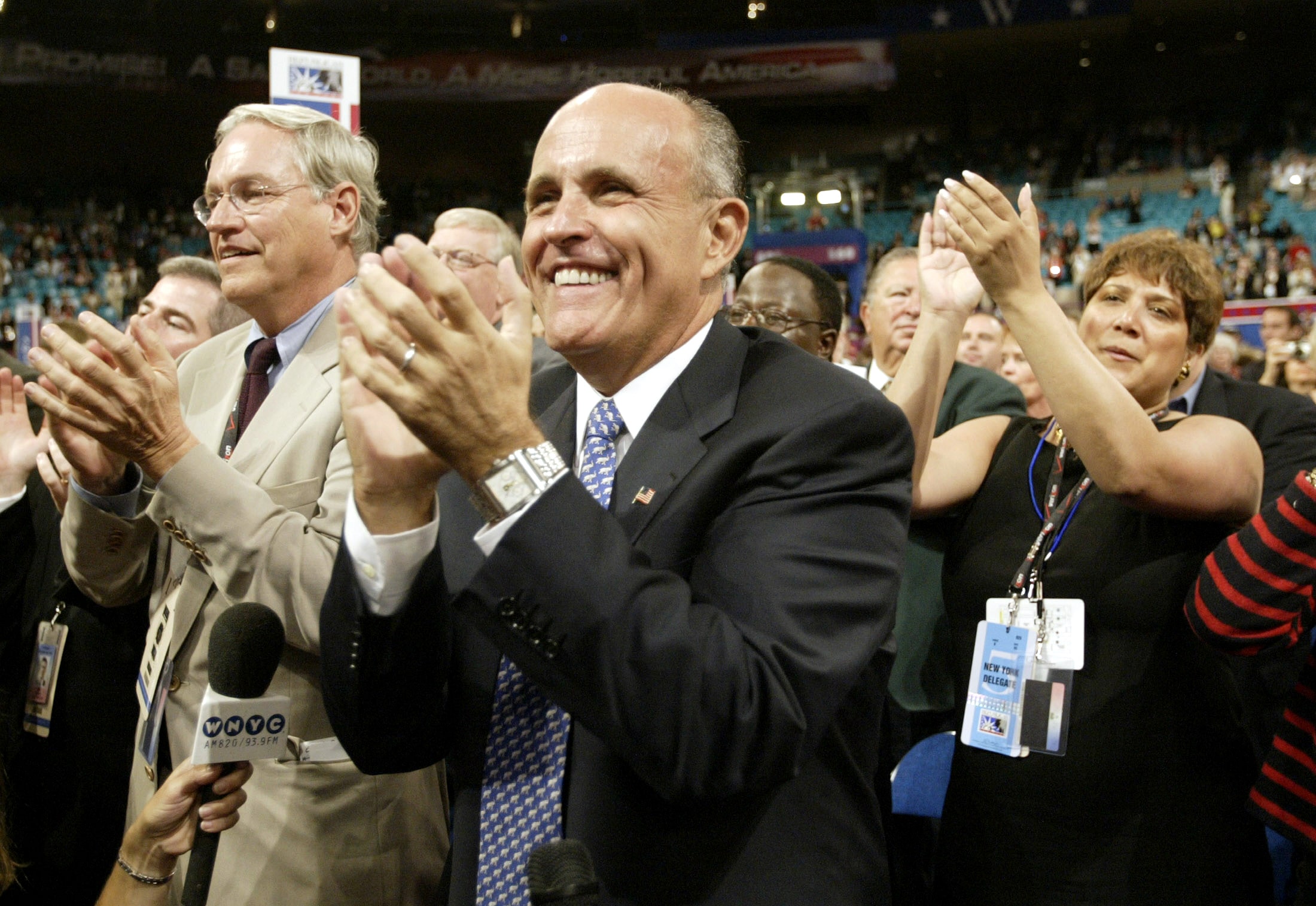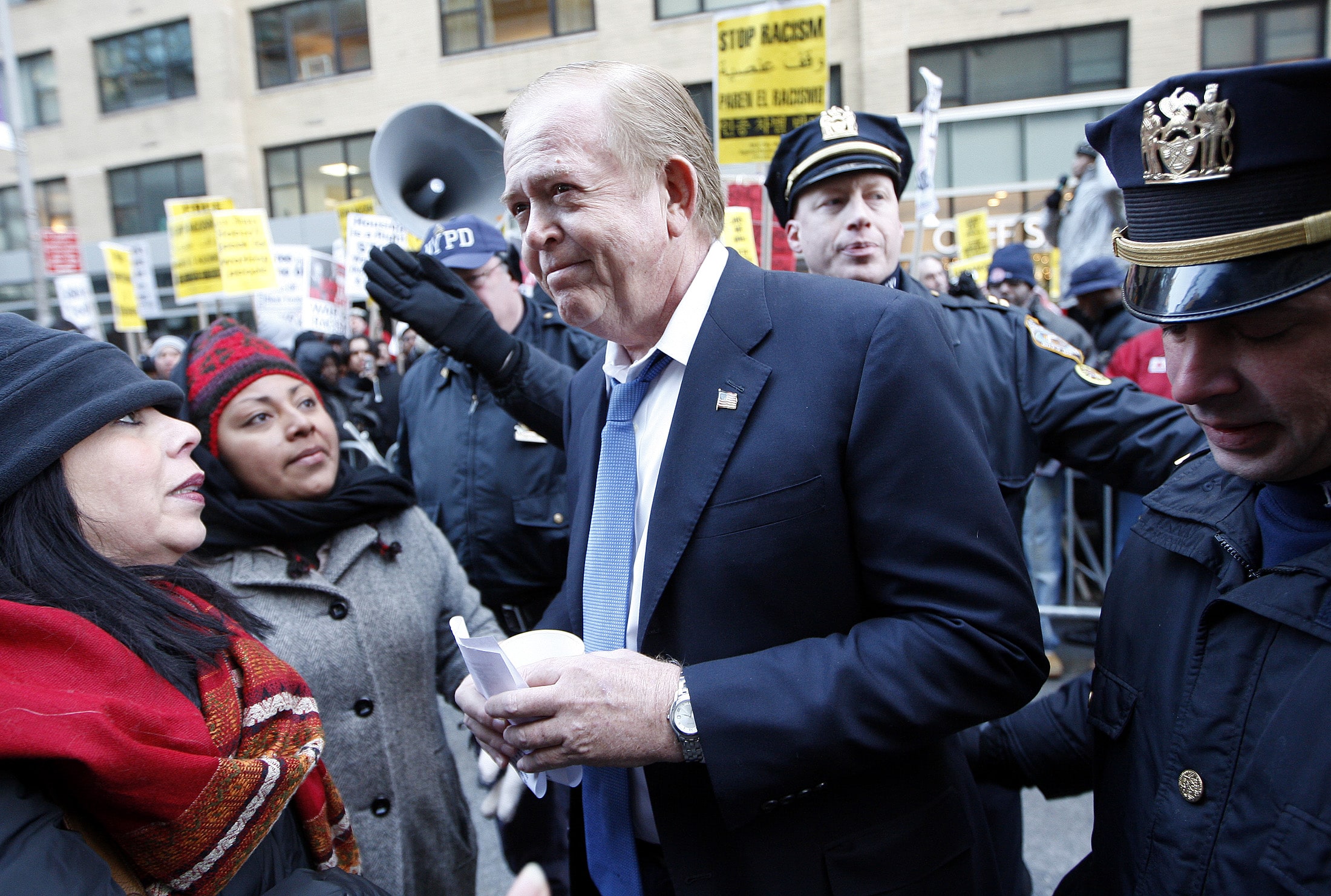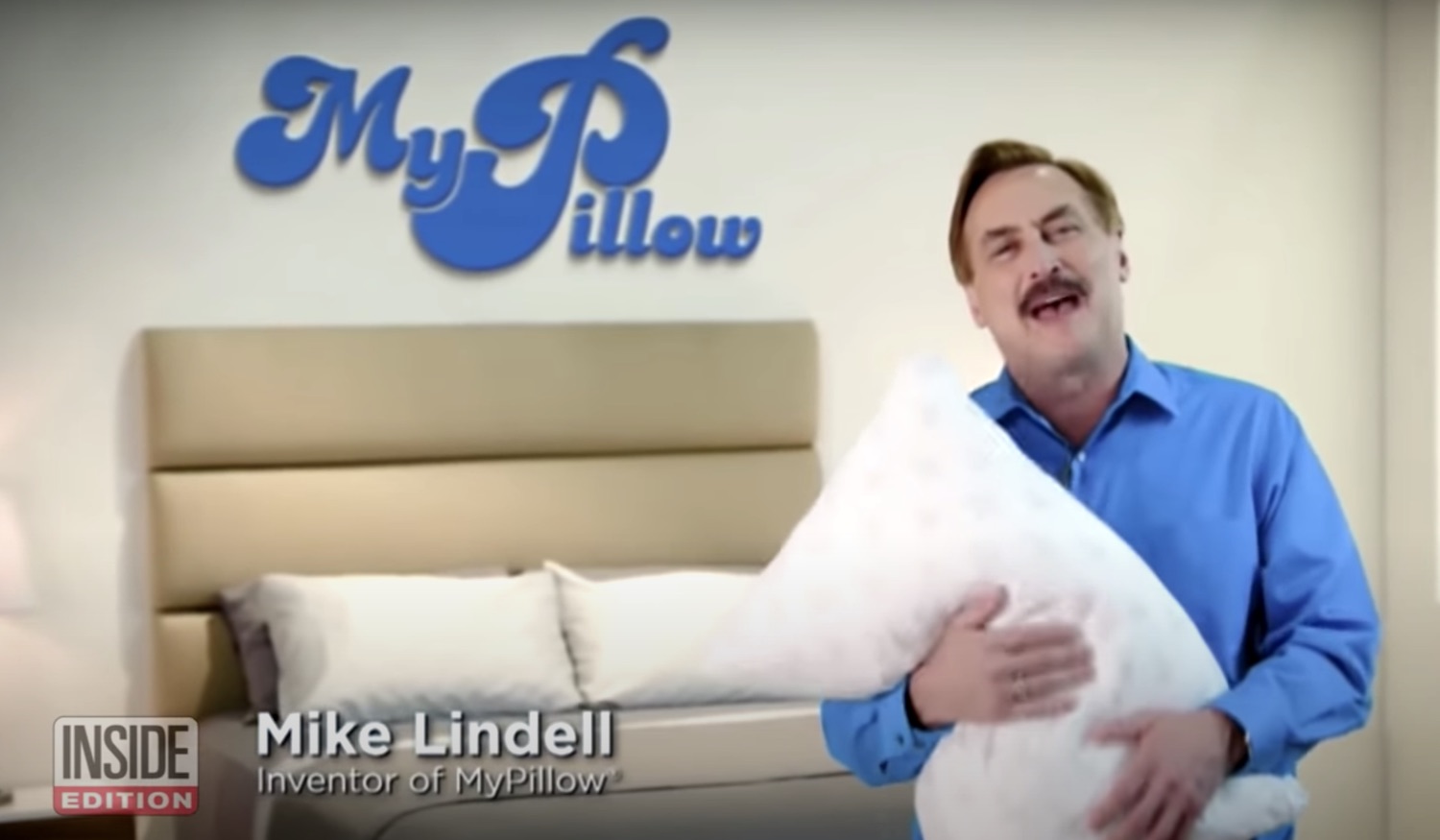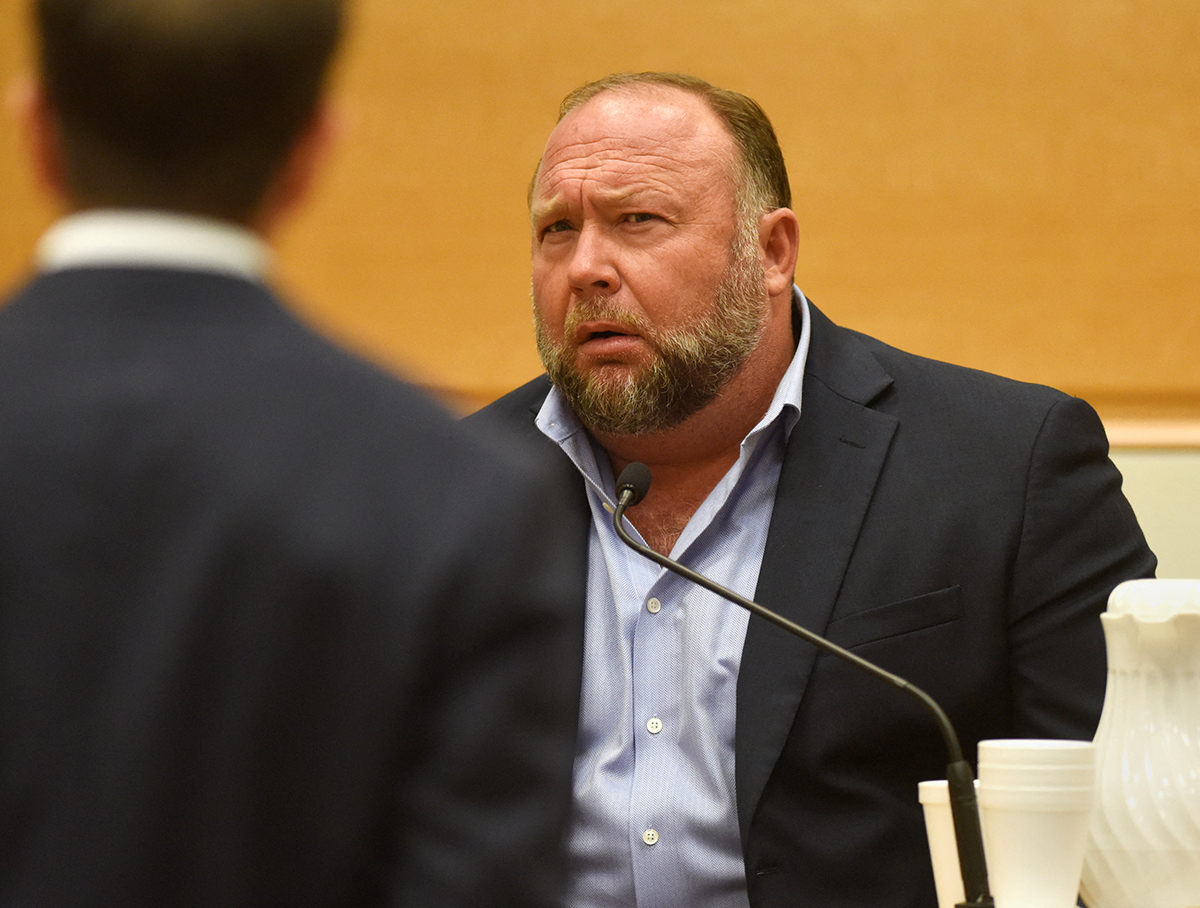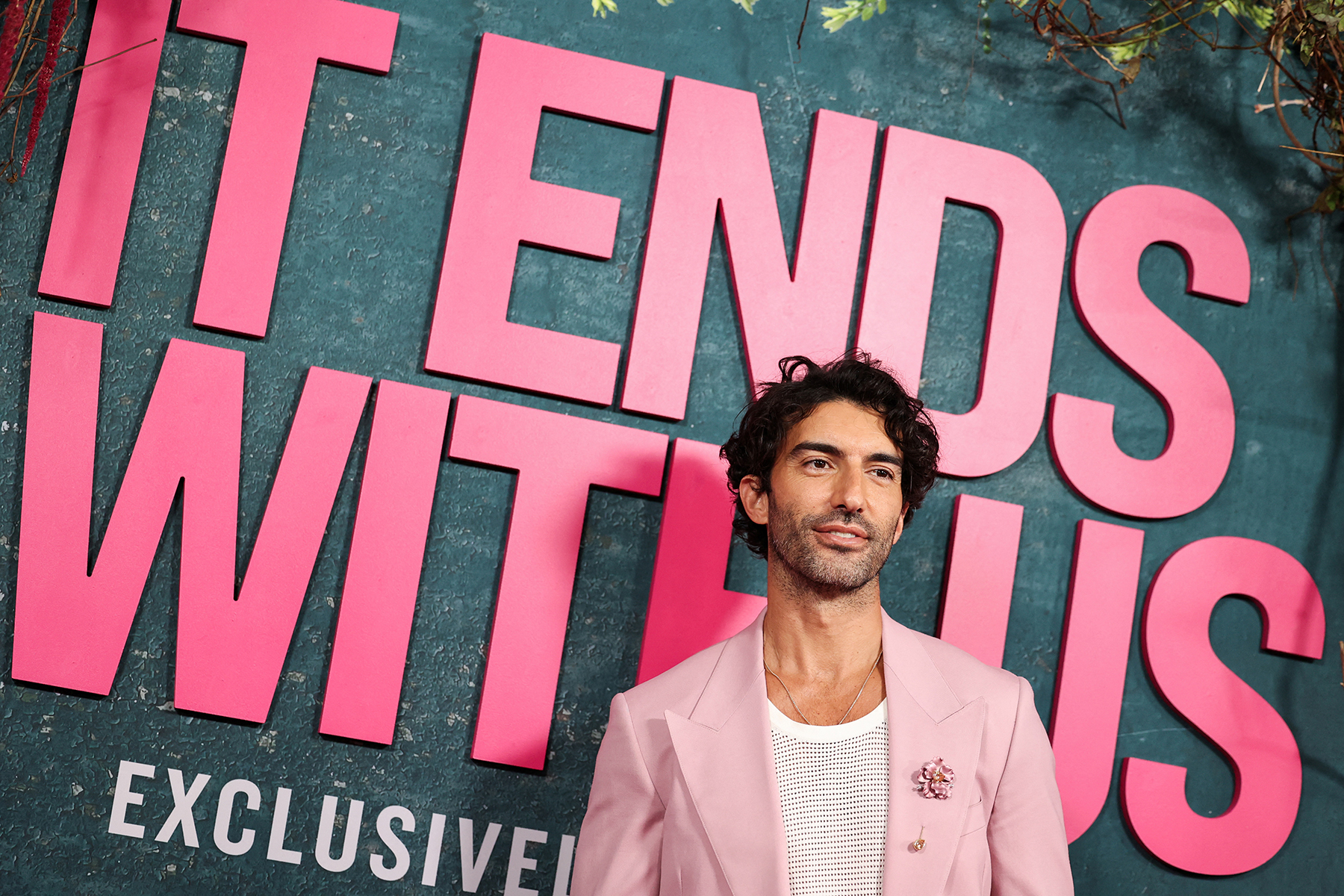Despite losing the 2020 presidential election by both the popular and the electoral college vote, in the weeks and months leading up to the inauguration President Donald Trump and his acolytes repeatedly claimed that the election was rife with fraud.
On Twitter and in public statements, Trump repeatedly claimed that “we won the election,” that the election was “rigged,” and that it was “stolen” by the Democrats.
On conservative news channels including Fox, Newsmax, and One America News Network (OANN), Trump’s surrogates—former attorneys Rudy Guiliani and Sidney Powell—repeated Trump’s claims, and went even further by suggesting that two voting technology companies, Dominion Voting Systems and Smartmatic, helped to “rig” the election by adding fake ballots.
“There were a lot of things said on Fox, OAN, and Newsmax, that supported President Trump’s position that basically he’d been robbed of the election. But they went farther, and put the blame on some companies that made the election machines, and those companies have brought what seems to be very, very powerful libel suits against Fox and other networks, and people from Fox News and the like,” prominent First Amendment attorney Floyd Abrams said in a recent interview with lawyer Ronald K. Collins.
On December 22, 2020, Eric Coomer, the director of product strategy and security for Dominion Voting Systems, filed a defamation suit against President Donald Trump’s campaign, podcast host Joseph Oltmann, Trump’s personal lawyers Guiliani and Powell, conservative news outlets One American News Network (OANN) and Newsmax, and others, for defamation and inflicting emotional distress.
On January 8, 2121, Dominion sued Powell for $1.3 billion in another defamation suit, citing her false claims that “ Dominion had rigged the election, that Dominion was created in Venezuela to rig elections for Hugo Chavez, and that Dominion bribed Georgia officials for a no-bid contract.”
On January 25th, Dominion sued Rudy Guiliani for $1.3 billion for carrying out a “viral disinformation campaign” against the company, and having “deceived millions of people into believing that Dominion had stolen their votes and fixed the election.”
On February 4, Smartmatic sued Fox News, Fox anchors Lou Dobbs, Maria Bartiromo, Jeanine Piro, and Guiliani and Powell in a $2.7 billion defamation suit. “In their story, Smartmatic was a Venezuelan company under the control of corrupt dictators from socialist countries. In their story, Smartmatic’s election technology and software were used in many of the states with close outcomes. And, in their story, Smartmatic was responsible for stealing the 2020 election by switching and altering votes to rig the election for Joe Biden and Kamala Harris,” the complaint reads.
Many lawyers have long regarded defamation suits as a way for the powerful to silence critics, but these recent suits suggest that defamation lawsuits are also being used as a weapon in the fight against misinformation.
Using defamation suits to regulate the media has some free speech advocates uneasy, as the First Amendment provides broad protections for news organizations.
“This shouldn’t be the way to govern speech in our country,” Roberta Kaplan, a lawyer who is representing writer E. Jean Carroll in a defamation suit against Trump, told the New York Times. “It’s not an efficient or productive way to promote truth-telling or quality journalistic standards through litigating in court. But I think it’s gotten to the point where the problem is so bad right now there’s virtually no other way to do it.”
“I think it’s a dangerous trend to try to solve political disputes through defamation suits,” adds Lynn Oberlander, a media attorney who teaches media law and ethics at The New School. “Political speech deserves the utmost protection.”
That doesn’t mean, however, that such suits shouldn’t be brought,” Oberlander says. “When real people and real companies are injured by false statements of fact made about them with knowledge that the statements are false or with reckless disregard, they should be able to sue for defamation.”
“However, there is—and should be—a very, very high bar before media entities can be held liable,” she adds.
Tags


